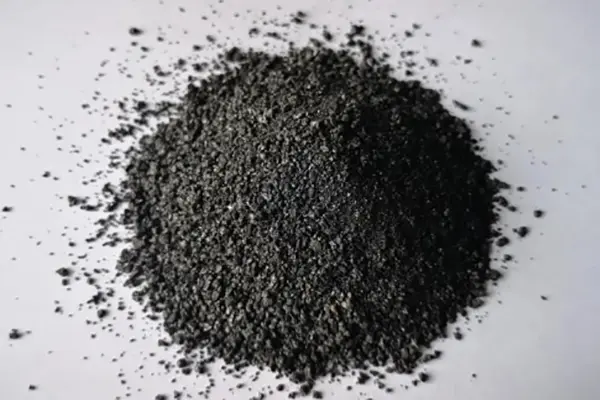Carbon additives are critical materials used across various industries to enhance the properties of products and processes. These substances, typically derived from coal, petroleum, or graphite, are valued for their high carbon content, excellent thermal conductivity, and low levels of impurities. From metallurgy to energy storage, carbon additives serve diverse roles that are indispensable in modern industrial applications. This article explores the various uses of carbon additives and their significance in improving performance and efficiency.
What Is a Carbon Additive?
A carbon additive is a material rich in carbon, added to a product or process to achieve specific improvements. These additives come in various forms, such as calcined petroleum coke (CPC), graphite powder, anthracite coal, and synthetic graphite. They are chosen based on their properties, including fixed carbon content, particle size, and ash levels, tailored to meet the needs of different applications.

Uses of Carbon Additives
1. Steel and Iron Casting
One of the primary uses of carbon additives is in the steel and iron casting industries. In these processes, carbon additives are used as recarburizers to adjust the carbon content of molten metal.
- Recarburization: During steelmaking, the carbon content can be depleted due to the high temperatures and chemical reactions involved. Adding carbon additives restores the desired carbon levels, improving the strength, hardness, and durability of the final product.
- Nodular Iron Production: In the production of ductile or nodular iron, carbon additives help achieve the desired graphite nodules in the iron matrix, enhancing mechanical properties like toughness and flexibility.
2. Electrode Manufacturing
Carbon additives, particularly synthetic graphite and calcined petroleum coke, are essential in the production of electrodes used in electric arc furnaces (EAF) and aluminum smelting.
- Graphite Electrodes: Carbon additives provide the high conductivity and thermal resistance needed for electrodes used in EAF steelmaking.
- Cathode Blocks: In the aluminum industry, carbon additives are used to produce cathode blocks, which form the conductive base of electrolytic cells.
3. Battery Technology
The growing demand for energy storage systems has highlighted the importance of carbon additives in battery technology.
- Lithium-Ion Batteries: Synthetic graphite and other carbon forms are used as anodes in lithium-ion batteries, providing excellent energy storage capacity, stability, and conductivity.
- Lead-Acid Batteries: Carbon additives are also used in lead-acid batteries to improve charge acceptance and reduce sulfation, increasing the lifespan and performance of the batteries.
4. Refractory Materials
Carbon additives are widely used in the production of refractory materials, which are essential for high-temperature applications in industries like steelmaking, glass manufacturing, and cement production.
- Heat Resistance: Carbon additives enhance the thermal conductivity and structural integrity of refractory bricks and linings, enabling them to withstand extreme temperatures.
- Anti-Oxidation: The addition of carbon helps prevent oxidation, extending the lifespan of refractories used in harsh environments.
5. Friction Materials
In the automotive and industrial sectors, carbon additives are used in friction materials like brake pads and clutches.
- Heat Dissipation: Carbon additives improve the heat dissipation properties of friction materials, reducing wear and ensuring consistent performance under heavy use.
- Noise Reduction: Their presence also helps minimize noise and vibration during operation, enhancing user comfort.
6. Chemical and Environmental Applications
Carbon additives play a role in chemical processes and environmental protection efforts.
- Catalysis: In chemical manufacturing, carbon additives are used as catalysts or catalyst supports, particularly in reactions requiring high thermal conductivity.
- Water Purification: Activated carbon, a form of carbon additive, is widely used in water filtration systems to remove impurities, odors, and harmful chemicals.
7. Energy Production
Carbon additives are utilized in the energy sector for efficient fuel production and thermal applications.
- Fuel Additives: Carbon-rich materials are added to fuels to enhance combustion efficiency and reduce emissions.
- Thermal Insulation: Carbon-based additives are used in insulating materials to improve energy efficiency in industrial processes.
Conclusion
Carbon additives are indispensable in a wide range of industries due to their unique properties and versatility. From enhancing the quality of steel and iron to advancing battery technology and refractory materials, these substances significantly improve performance and efficiency. The increasing demand for high-performance materials in modern industrial applications ensures that carbon additives will continue to play a crucial role in innovation and sustainability.
Whether it's in metallurgy, energy storage, or environmental protection, the uses of carbon additives are as diverse as they are essential. As industries evolve, the development of new carbon additive technologies promises to unlock even more applications, driving progress and efficiency across the globe.
Post time: 12-09-2024





